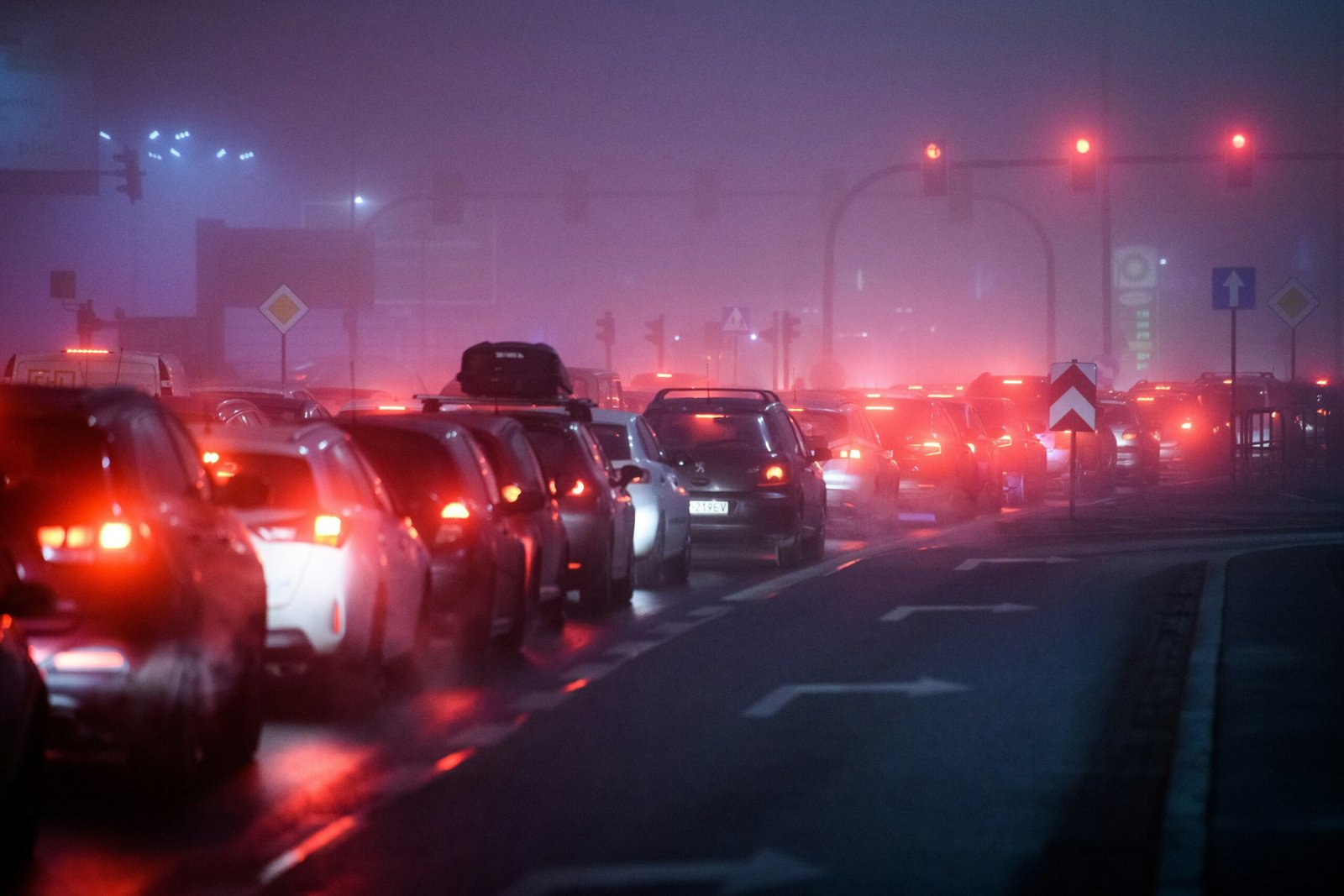Pollution is one of the most pressing issues facing humanity today. It affects not only the environment but also human health and the global economy. Despite efforts to combat pollution, it continues to rise, posing a significant threat to future generations. This article explores the devastating impact of pollution, offering insights into its causes, effects, and potential solutions. Let’s dive into the 10 Powerful Fact About Pollution That Will Shock You

10 Powerful Fact About Pollution That Will Shock You
1. Air Pollution Kills Millions Every Year
Air pollution is the deadliest form of pollution, contributing to over 7 million premature deaths annually, according to the World Health Organization (WHO). Microscopic pollutants in the air penetrate deep into the lungs and bloodstream, causing diseases like stroke, heart disease, and lung cancer. Shockingly, 99% of the global population breathes air that exceeds WHO’s safety standards.
Key Sources of Air Pollution:
- Burning of fossil fuels (coal, oil, and natural gas)
- Industrial emissions
- Vehicle exhaust
- Agricultural activities
2. Plastic Pollution: 8 Million Tons in Oceans Annually
The planet’s love affair with plastic has led to an environmental disaster. Each year, 8 million tons of plastic waste end up in oceans, harming marine life and ecosystems. Scientists predict that by 2050, there could be more plastic in the oceans than fish by weight.
Shocking Stats:
- Over 1 million marine animals die annually due to plastic pollution.
- Microplastics are now found in human blood and organs, raising serious health concerns.
3. Water Pollution Affects 2.2 Billion People
Water pollution has a devastating impact on global health. An estimated 2.2 billion people lack access to clean drinking water, and contaminated water is responsible for over 485,000 deaths from diarrhea each year.
Major Contaminants:
- Industrial waste
- Agricultural runoff (pesticides and fertilizers)
- Sewage and untreated wastewater
4. Soil Pollution Threatens Food Security
Polluted soil diminishes agricultural productivity and poses severe risks to food security. Toxic chemicals from industrial waste, pesticides, and heavy metals contaminate soil, making it unfit for farming. Soil pollution impacts 1 in 4 hectares of arable land globally.
Key Effects:
- Reduced crop yields
- Harmful chemicals entering the food chain
- Loss of biodiversity in soil ecosystems
5. Noise Pollution Impacts Mental Health
Noise pollution is often overlooked, yet it has profound effects on mental and physical health. Constant exposure to high noise levels can lead to stress, anxiety, sleep disorders, and even cardiovascular problems.
Common Sources:
- Urban traffic
- Construction activities
- Industrial machinery
6. Light Pollution Disrupts Ecosystems
Artificial light at night is a growing concern. Light pollution interferes with the natural behaviors of wildlife, including migration, reproduction, and feeding habits. It also disrupts human circadian rhythms, leading to sleep disorders and other health issues.
Alarming Facts:
- 80% of the world’s population lives under light-polluted skies.
- Two-thirds of the U.S. population cannot see the Milky Way due to excessive artificial lighting.
7. E-Waste: 50 Million Tons Annually
The rise of technology has created an e-waste crisis. Each year, the world generates 50 million tons of electronic waste, but only 20% is recycled properly. Toxic chemicals like lead, mercury, and cadmium from discarded electronics seep into the environment, harming ecosystems and human health.
What Can Be Done?
- Promote recycling and proper disposal of electronics
- Encourage the use of sustainable materials in gadgets
- Implement stricter e-waste regulations
8. Climate Change and Pollution Are Interlinked
Pollution is a significant driver of climate change. Emissions from industries, vehicles, and agriculture release greenhouse gases like carbon dioxide and methane into the atmosphere, trapping heat and causing global temperatures to rise.
Devastating Consequences:
- Melting ice caps and rising sea levels
- Extreme weather events (hurricanes, droughts, and floods)
- Loss of biodiversity
9. Indoor Pollution: The Hidden Killer
Indoor air pollution is a silent threat, especially in developing countries where traditional stoves and fuels like wood, coal, and dung are used for cooking. Around 3.8 million people die annually due to illnesses caused by indoor air pollution.
Key Tips to Reduce Indoor Pollution:
- Use clean cooking technologies
- Ensure proper ventilation
- Avoid smoking indoors
10. Solutions Exist, But Action Is Urgent
While the statistics are grim, there is hope. Governments, organizations, and individuals can take meaningful steps to combat pollution. Technologies like renewable energy, waste management systems, and green transportation can significantly reduce pollution levels.
What You Can Do:
- Reduce, Reuse, Recycle: Minimize waste by adopting sustainable practices.
- Support Clean Energy: Switch to renewable energy sources like solar and wind.
- Plant Trees: Trees act as natural air purifiers by absorbing carbon dioxide and releasing oxygen.
- Advocate for Policy Changes: Support laws and regulations aimed at reducing pollution.
Final Thoughts
Pollution is a global crisis that requires immediate and collective action. From air and water to soil and light, its impact is far-reaching and devastating. However, with awareness, innovation, and commitment, we can mitigate its effects and build a healthier, more sustainable future. Let’s act now to protect our planet and ensure a better world for future generations.
- 10 Powerful Fact About Pollution That Will Shock You
- 10 Powerful Fact About Pollution That Will Shock You
- 10 Powerful Fact About Pollution That Will Shock You





